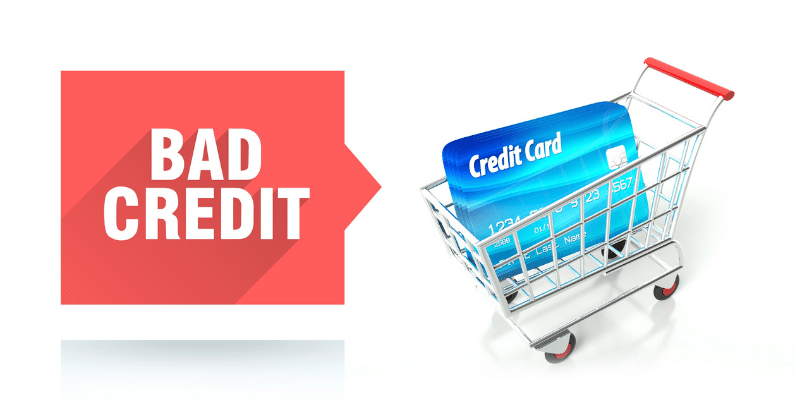If you have a bad score, the question of how to fix your score quickly might be top of mind. There are some things you can do, but it won’t happen overnight; scores take time to recover from errors and damage, so keeping up with what you’re doing will be key to improving your situation in the long run. This blog post will introduce you to the most important factors that contribute to your credit score and give you advice on how to start fixing your bad score today. Let’s get started!
1: Bad Score History
I was just denied a car loan because of my low credit score. I’ve always been great with my payments and never missed one, but apparently, it didn’t matter. What should I do to fix my credit score?
First, find out what caused the low score. Did you miss any payments or make late payments? If so, try to get those cleared up as soon as possible by contacting your lender and making the appropriate arrangements
Next, see if your score will improve over time by paying on time for six months or more without missing or being late on any of your payments. And finally, be proactive in maintaining your good habits by checking in with the major credit bureaus every four months or less to make sure that everything is running smoothly. Remember, even if it takes some time to fix your credit score, you’ll be much better off in the long run.
2: What Does It Mean to Have a Bad Score?
A score is a number that tells creditors about your creditworthiness. If your score is low, then this means that creditors will not want to offer you loans or other forms of credit. There are many different ways to fix your score, but the most important thing is to avoid creating more problems for yourself by opening up new lines of credit. For example, if you have a line of credit and find out that it’s maxed out, then don’t take out another one. Avoid using your cards because this will increase the amount of debt owed on them and hurt your score even more. Paying off balances in full each month instead of just paying the minimum balance due is also a great way to fix your credit score. One major step that people often forget about is filing bankruptcy which eliminates all current debt, including credit card bills. Once bankruptcy has been filed, consumers must wait eight years before they can apply for an unsecured loan.
3: What Causes Someone to Have a Poor Score Rating?

Most people think that the only factor that impacts a person’s credit score is their ability to repay the money. But this isn’t true. In reality, your bill-paying history is just one of the five factors that determine your credit score. Your payment history makes up your overall rating and includes how many times you’ve been late on bills and how much time elapsed between each late payment. If a person has a history of being late on payments or paying bills inconsistently, they will be considered at higher risk than someone who pays their bills regularly.
4: What Are the Consequences of Having Poor Score History?
Having a poor score history means that you may not be approved for loans or lines of credit, such as mortgages or personal loans. It also could mean that your interest rates will be higher and that your access to lending opportunities will be limited. In addition, it is difficult to find employment with a poor score history because employers often check the applicant’s credit report before hiring them. If this sounds like something you are struggling with, then read on for some helpful information about how to build your good credit score again.
5: What Happens When I Apply for A Loan or Another Financial Product with Poor Score Ratings?

When you apply for a loan, mortgage, or other financial product with poor score ratings, the lender will likely require a large deposit upfront. In some cases, they may not approve your application at all. Worse still, these products can include high-interest rates and steep fees.
If you need to get your finances in order but are struggling with a low score rating and little to no savings to put down as collateral, it’s time to take action! There are several ways to work towards improving your credit score so that you’ll be able to qualify for better interest rates in the future. First and foremost, pay off any outstanding balances on your credit cards or any other lines of debt that are secured by collateral.
heck your credit report and score regularly using a online service like the one available from red dink credit, and feel empowered knowing you can master your own financial well-being.





